Overwatch role queue guide: How to succeed as a team with the role queue system
If you're struggling to get victories with the Overwatch role queue, follow these tips for success
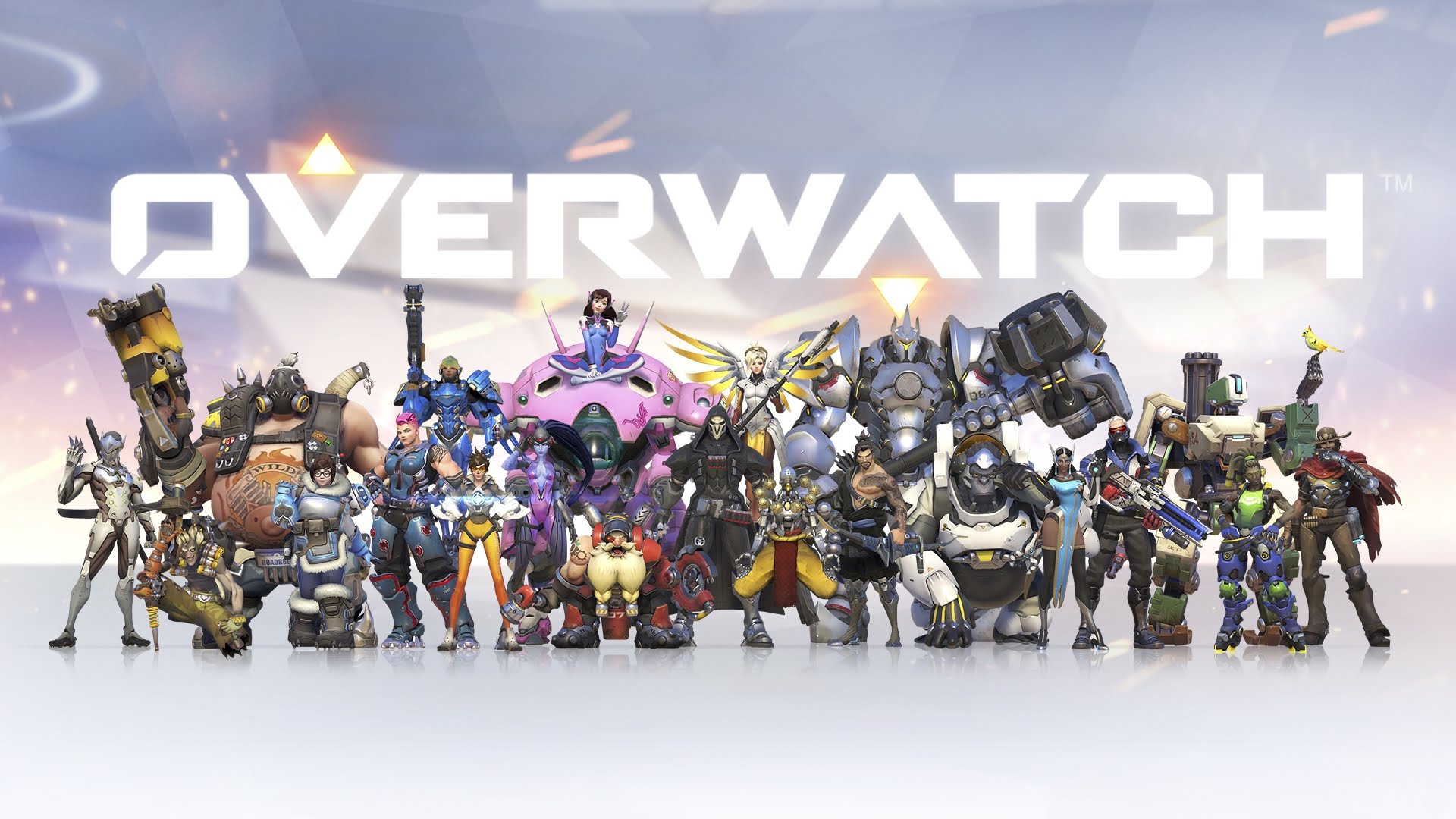
Overwatch's diverse roster of 31 heroes is split into three specific categories: Damage, Tank, and Support, and these are important for the recently-added Overwatch role queue system. In order to succeed in climbing the competitive ladder, team compositions generally need to consist of a mixture of the three in order to be cohesive and balanced. Although many Overwatch players in the past have opted to eschew catering to their team's needs in favor of maining their favourite heroes, the Overwatch role queue feature locks compositions of six into a 2-2-2 split between all three roles, which is good in some ways, but not so much in others. Here's how to use Overwatch role queue to your advantage, given that the controversial concept has led to some sticky situations for players across all tiers of competitive play.
Learn two heroes from every class
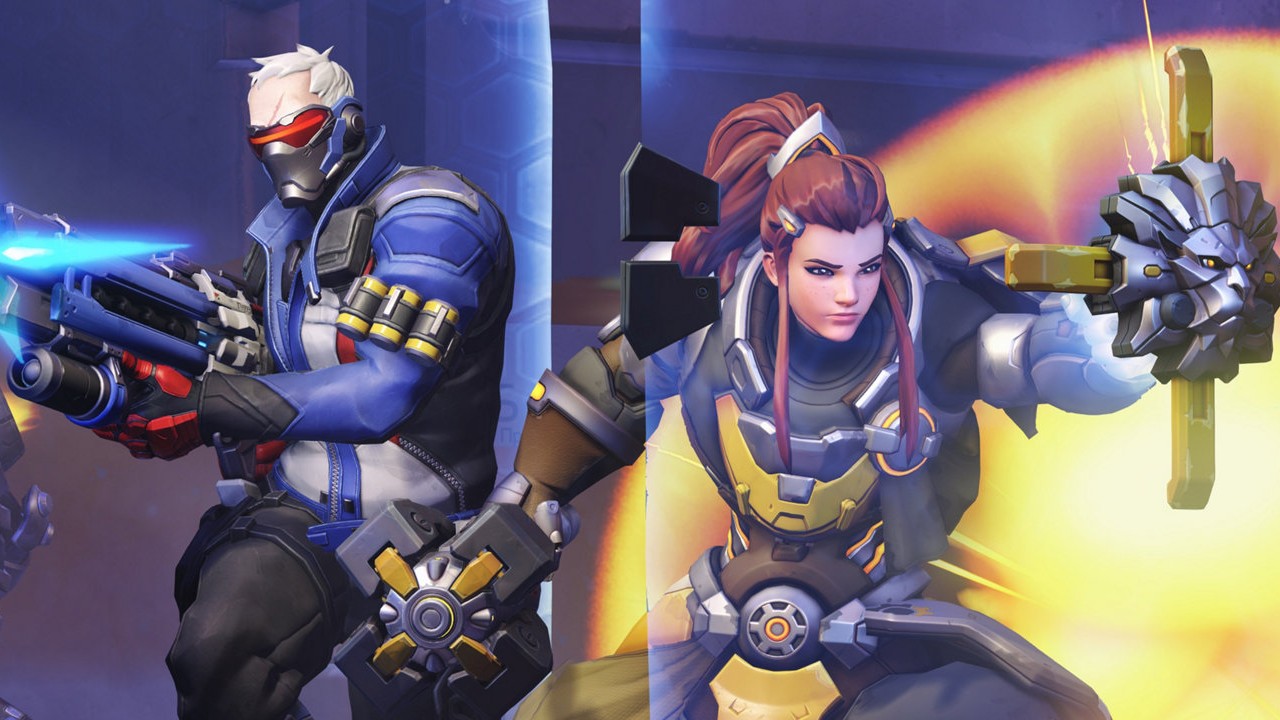
While you might be a Diamond-tier Genji, you'll be next to useless, if not actively counter-productive, if you're pigeon-holed into an alternate role you're unfamiliar with. As a result, it's essential that you pick up at least two heroes from each class, as this will allow you to always have a character available that you're comfortable playing as.
Damage heroes generally depend on personal preference, but the most beginner-friendly picks are probably the Call of Duty-esque Soldier: 76 and the roguish, akimbo shotgun-wielding Reaper. If you're a little more experienced, you can learn a hero with a higher skill ceiling and really antagonize your opponents, but don't sweat it if this is a little unachievable right now. Just play who you're comfortable playing.
Most Support heroes are pretty accessible to new players, with precision sniper Ana being the main exception. However, Lucio and Moira are probably the easiest to pick up quickly, and simply using them as a means to study support positioning and prioritization will allow you to quickly adapt to more complex heroes in future. For Tanks, Reinhardt is the most forgiving main tank, i.e. a tank with a shield, while Roadhog and D.Va are the easiest off-tanks to pick up.
If you manage to become proficient with at least two heroes from each category, you'll never be stuck playing a hero with an unfamiliar kit. Learning more heroes on top of this will also give you room to switch if the enemy team hard-counters you, so the more versatile you are, the more beneficial you'll be to your teammates, and the more matches you'll emerge from victorious.
Find a team to queue with
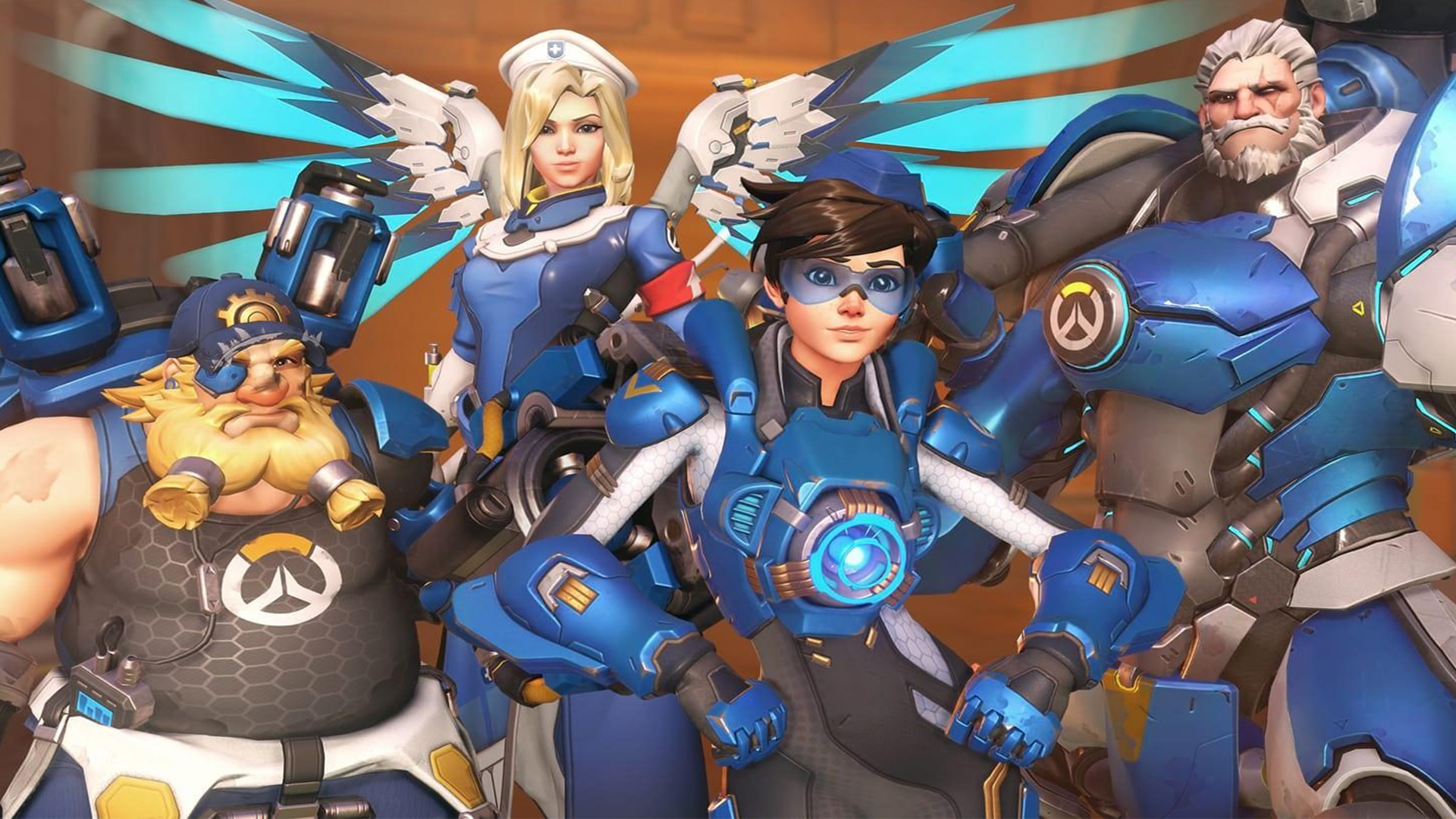
Even with versatility on your side, you'll always encounter teams with less-equipped players if you solo-queue. As a result, if you find someone you synergize well with, use the stay-as-team post-match function to see if they want to play again. If they do, and they stick around for a while after, don't be afraid to send them a friend request.
Doing this regularly will eventually beget a situation in which you'll have a vast group of friends to invite before queuing in competitive, and, hopefully, most will be competent playing a variety of heroes. If you main Reinhardt, your new friend plays Pharah, and another player likes to choose Mercy, you'll have at least one player competent in each role, making your team far better off in the long run. Never underestimate the power of friendship and compromise.
Try to communicate, if possible
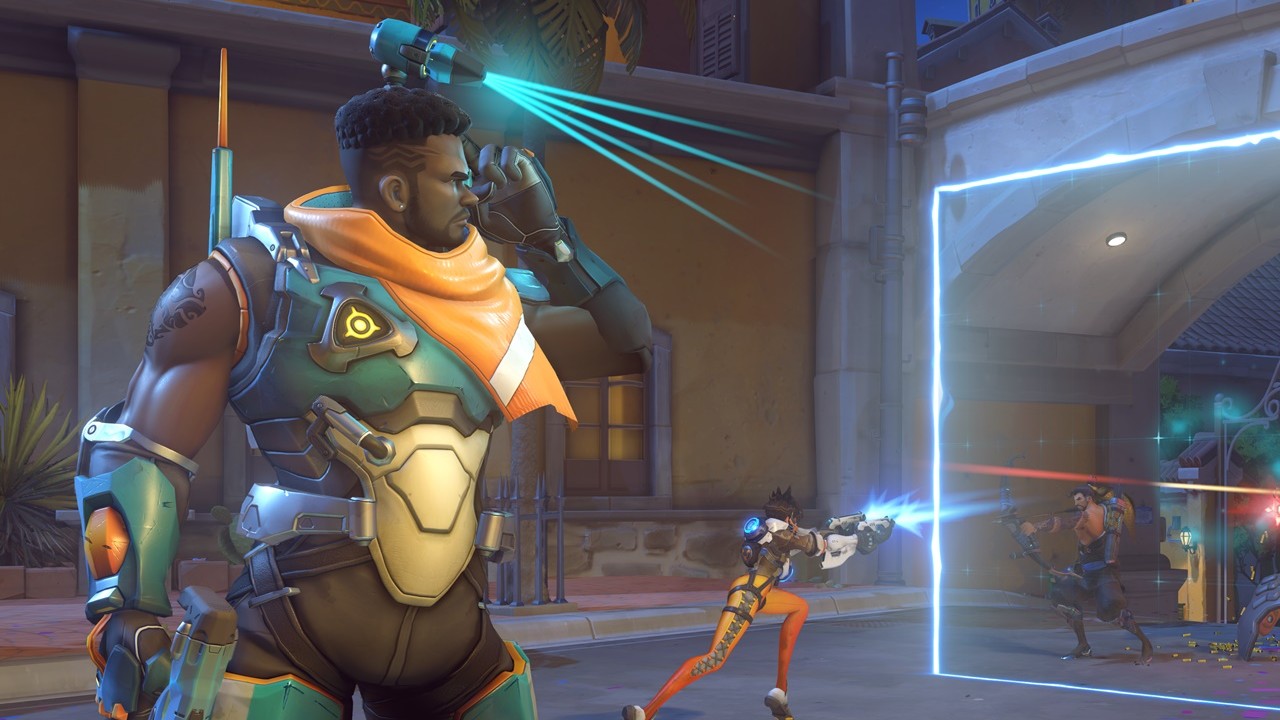
Like most competitive multiplayer games, Overwatch is plagued with toxicity. However, not everybody you meet will berate you for tiny mistakes. If you feel comfortable enough to don your headset, plug it in and say hello. If luck is on your side, there will be at least one other friendly person on your team in voice chat, which will enable you to devise strategies and coordinate pushes far more effectively than simply spamming quotes from the dialogue wheel. This tip is accentuated dramatically when employed in tandem with the previous one. Playing Overwatch in a team of six who are all equipped with mics will allow you to experience the true beauty of the game, which lies in objective-based coordination and non-toxic verbal support.
If you want to replicate the kind of tactics you see in the Overwatch League, you'll have to place an emphasis on communication and compromise, and be willing to work with the rest of your team in relation to what you need as a cohesive unit. Sometimes you might be asked to flex to a hero you're not entirely confident playing, but if you're hanging with the right folks they'll understand this and be sympathetic if your performance is a little shakier than usual. Communication absolutely trumps perfect play, as it's the only medium that truly connects you with other players and enables you to witness and understand their intentions and plays, so if you are comfortable enough with chatting online, be sure to do so. You can always mute toxic players, and anyone seeking to dish out unfounded abuse to strangers online probably isn't worth listening to in the first place. The good people really do outweigh the bad.
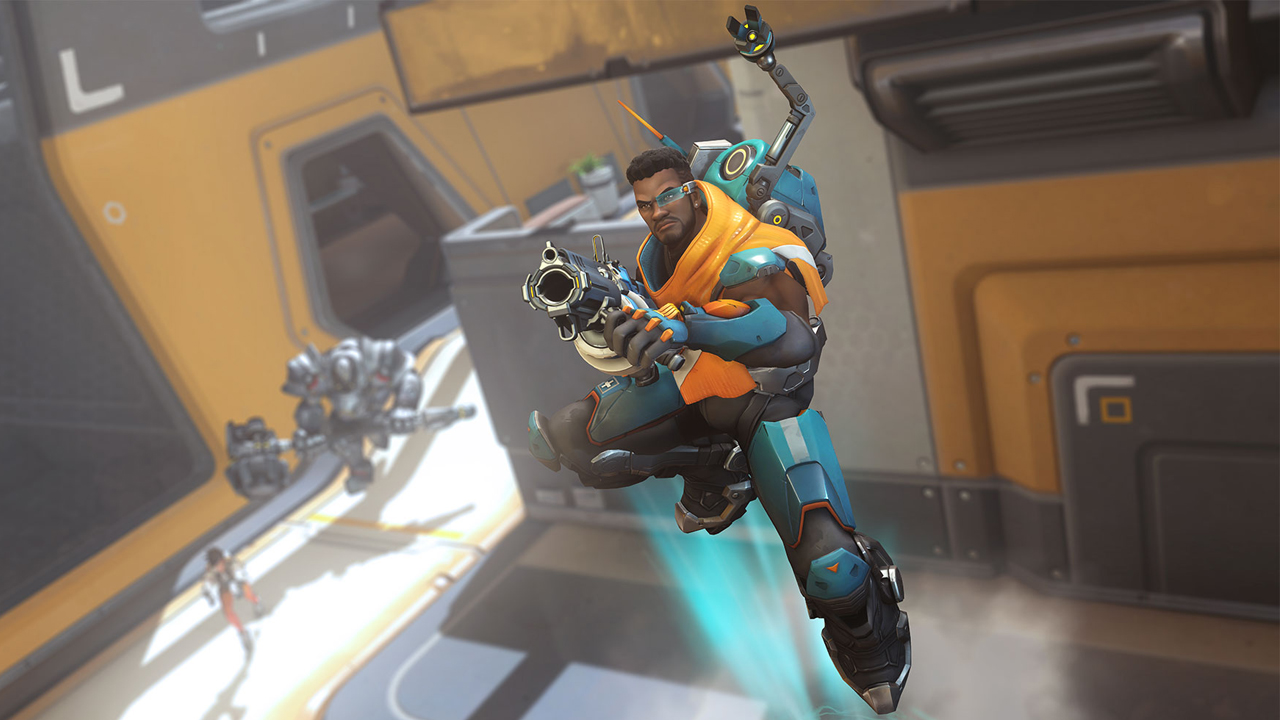
If you abide by these easy-to-follow tips, you'll have a much easier time adjusting to role queue. It's not a perfect feature by any means - it very controversially eliminated the possibility of experimenting with unconventional compositions like GOATs and its many iterations of spin-offs, for example, and completely eradicated the erratic mayhem innate to the extended overtime periods that are so wonderful to watch and participate in. However, despite effacing the majority of specific compositional permutations in Overwatch, role queue is a welcome addition to lower tiers of play, which were so often plagued with teams consisting of six selfish DPS mains, most of whom rarely succeeded in climbing up to a higher tier due to their inability to commit to teamwork.
As a result, being a team player who can comfortably flex to any role and communicate in a wholesome, sympathetic, and strategic way will likely allow you to bound up the ladder in no time at all, climbing from Silver to Platinum at an alarmingly rapid rate. Just remember that Overwatch is supposed to be fun, and if you have to play Mercy in lieu of your personal preference in one game, you'll definitely be able to get your Genji pick in a subsequent match. It all boils down to give-and-take, and being a genuine and understanding person who doesn't eschew kindness and compromise for selfish pursuits of heroic Play Of The Game Dragonblades.
Overwatch tips | Best Overwatch characters | Overwatch Ashe | Overwatch Baptiste | Overwatch D.Va | Overwatch Mei | Overwatch Mercy | Overwatch Sigma
Sign up to the GamesRadar+ Newsletter
Weekly digests, tales from the communities you love, and more
Cian is a freelance journalist based in Ireland. He's written for numerous publications including USA Today, TheGamer, The Guardian, Washington Post, Verge, Vice, Polygon, Eurogamer, and GameSpot. He's a huge fan of The Witcher and other RPGs like Dragon Age.


